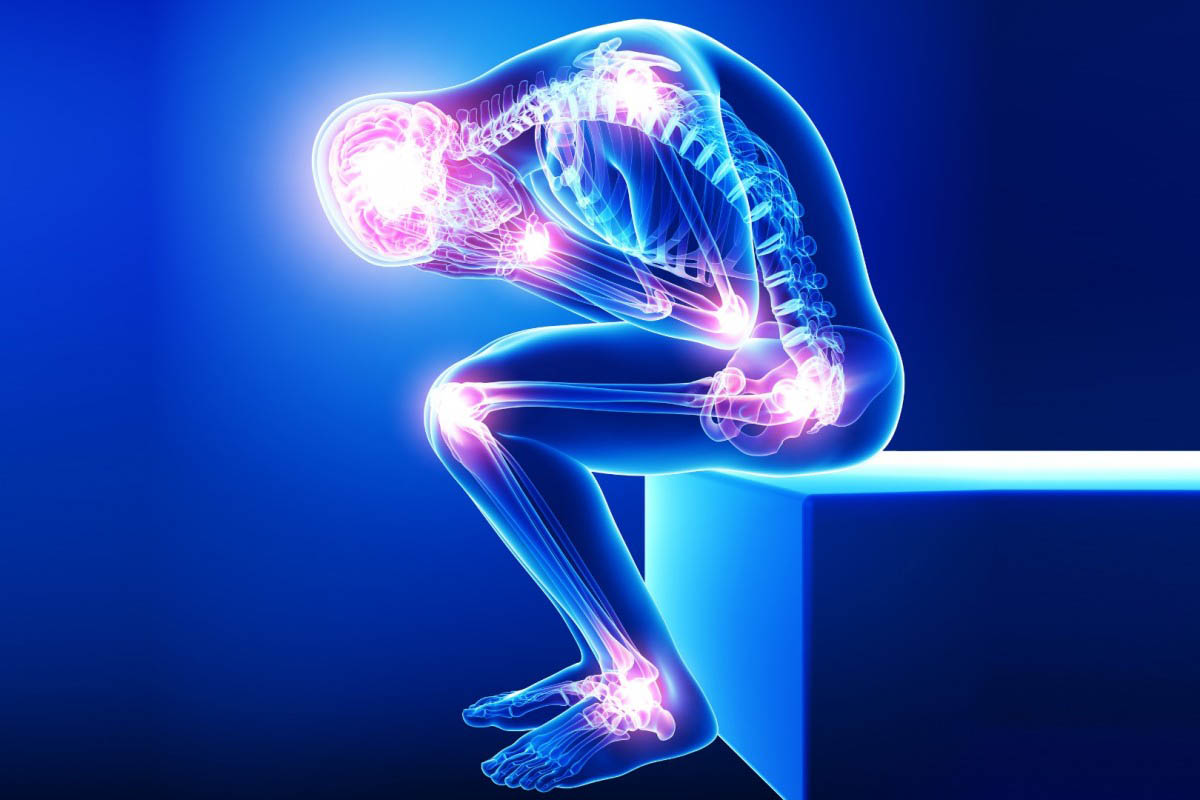Pain Relief
Pain Relief
7 ways to manage chronic pain without drugs
Living with chronic pain can make everyday tasks challenging. Pain relievers may help reduce or relieve pain, but they all come with advantages and disadvantages. Prescription pain relievers, such as opioids, can be extremely effective, but they come with the possible risk of addiction and overdose. Thankfully, there are several non-pharmacological treatments that can help with the management of pain. Read on down below to see the eight ways you can alleviate your pain, drug-free.
Relax with acupuncture
This treatment is a natural go-to when you’re looking for natural pain relief. “The evidence is now quite good that acupuncture can be helpful in lower back pain, headache and arthritis. The benefits of acupuncture accumulate with ongoing treatment,” says the director of pain management at an Integrative Medicine centre. He explains that acupuncture rewires the brain by tapping into cognitive areas that control the memory of and response to the hurt.
Stay moving with exercise
Exercise is one of the most powerful tools we have for chronic pain. Staying active allows patients to increase their level of endorphins, dopamine, and tissue oxygen, all which can help reduce pain while improving mood and sleep. A 2017 Cochrane review that found that aerobic exercise likely improves quality of life and may reduce pain intensity in patients with fibromyalgia. That said, some people say that exercise increases discomfort, so to sidestep that problem, it’s important to see a doctor or physical therapist who can work with you to start a program and ramp up safely.
Consider vitamin D
Vitamin D plays a role when it comes to both chronic pain management and sleep. In a 2017 review in the Journal of Endocrinology, Brazilian researchers found the supplementation of vitamin D is associated with good sleep hygiene and may have a therapeutic role, not only in sleep disorders but also in the prevention and treatment of chronic pain conditions. For one, lack of sleep can have downstream inflammatory effects that make you more sensitive to aches. Lack of vitamin D has also been linked to both pain conditions (like fibromyalgia) and poor sleep. How much vitamin D is right for you? Talk to your doctor before opting to take a supplement.
Aim for a Mediterranean diet
There’s evidence that blood sugar control can reduce the progression of pain in knee arthritis and that following the Mediterranean diet can reduce pain sensitivity. A 2017 study published in the journal Pain, suggests that eating foods with anti-inflammatory effects can decrease long-term discomfort, particularly in those who are obese.
Stretch yourself
Now that you’re moving more, add in yoga. Chronic pain can change your brain – you may lose grey matter, which affects your emotions and cognition, two factors that affect pain processing – but yoga can turn that around, suggests a 2015 study in the journal Pain. The researchers found lifestyle choices, such as the practice of meditation and yoga, can reduce pain perception and have the opposite effect on the brain as does chronic pain. Also, when looking at rodent models, the researchers found physical activity and a socially enriched environment led to a reduction in pain behaviour and normalised brain function.
Try cognitive behavioural therapy
In cognitive-behavioural therapy (CBT), the mind-body approach helps you identify and change self-defeating thoughts, emotions, and behaviours that trigger pain. You may learn how to relax, identify and change destructive thought patterns, as well as identify behaviours that increase and lessen pain. Simply put, it’s a problem-solving approach. CBT, along with other psychotherapeutic techniques, like biofeedback and mindfulness can help reduce pain levels while also modulating brain activity similar to acupuncture.
Use more turmeric
There are so many ways turmeric can boost your health, including cognitive functioning. Add another one to that list: Chronic pain. Turmeric contains an anti-inflammatory compound called curcumin (which gives it its yellow hue), which has historical and now solid clinical evidence for reducing inflammation and pain. One 2016 meta-analysis published in the Journal of Medicinal Food concluded that turmeric extract was effective in treating arthritis, though more research is needed, the researchers point out. Ask your doctor if supplements are right for you.
Please note:
The above article is provided for information purposes only. Please consult a registered Health Professional to discuss anything further related to any concerns.

